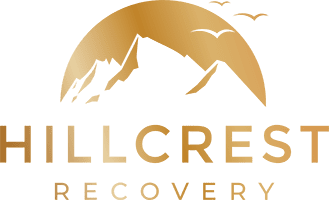The misuse of addictive prescription drugs in America is on the rise. There were around 16,000 overdoses involving prescription opioids in 2020, up to an average of 44 deaths per day and a 16% increase from the previous year.
Prescription drugs are not any safer or less harmful to the body than their illicit counterparts, in fact, a great portion of the overdose deaths caused by America’s opioid epidemic is actually caused by prescription drugs.
Not being any safer or less harmful than illicit drugs doesn’t mean that they are all bad. Prescription drugs can be of invaluable benefit to sick patients who are in need of them, and who use them as directed by their healthcare provider.
Why Are Addictive Prescription Drugs Abused?
Prescription drugs are abused because, as with other addictive substances, the user develops a psychological and/or physical dependence on the substance.
Addictive prescription drugs become a problem when the patient stops using them as directed by their health professional. The reasons why patients get addicted to prescription drugs differ from case to case, but oftentimes it starts with playing doctor at home.
A patient crossing the line and medicating on its own terms can quickly lead to an addiction problem, turning the need for a medical treatment into the need for a prescription drug addiction treatment — that’s not good for anybody.
Certain types of prescription drugs can quickly build tolerance in the body, causing the patient to take higher doses more often than needed – leading to dependence and addictive habits. Changing the strength and the recurrence of addictive prescription drugs should always be discussed with the patient’s primary doctor and never decided by the patient or the family.
Each person reacts to drugs differently, it’s important to have a degree of evaluation and look out for red-flag behaviors in our loved ones when they are taking addictive prescription drugs. If the doses they are receiving are affecting their behaviors in a negative way, or if the patient is exhibiting cravings for the drug, then it’s probably best to check back with their primary care doctor.
If suspicions arise, it’s also beneficial to speak to an addiction treatment professional. Addiction professionals are able to effectively recognize risky behaviors and make recommendations on whether prescription drug addiction treatment is needed.
There is also a case for its mind-altering capabilities. Users could be looking to catch a high, feel good, numb pain, or improve performance, which can eventually lead to addiction.
Prescription drugs pose a great risk of abuse due to their accessibility. They can be easy to obtain and at times fully paid for by insurance. Prescriptions are available at home which can also place others in the household at risk.
Which Type of Prescription Drugs Are Abused
Not all prescriptions are commonly abused, we certainly don’t hear about ibuprofen addicts on the news. Some prescriptions pose more of a risk than others due to their sought-after side effects and physical dependence potential.
Commonly abused addictive prescription drugs can be categorized into three different groups:
- Opioids: Are used to treat pain and are usually administered to patients with terminal diseases or who are recovering from a grave injury. Percocet and Oxycodin are common as well as a stronger cousin – hydromorphone. Think of it as an oral form of Morphine.
- Sedatives: Ever been asked to take a chill pill before? It was probably a sedative. Along with anti-anxiety medications – sedatives calm nerves, treat sleep disorders, and help anxious patients relax. Common medications in this group include Xanax, Valium, and Ambien.
- Stimulants: No, we are not talking about coffee here. Medical stimulants are used to treat impulsive behaviors and attention disorders such as ADHD. Common names in this category include Ritalin, Adderall, and Dexedrine.
Comparably, each of these categories has effects similar to the following illicit drugs:
- Opioids the stuff heroin is made from. In fact, heroin is just a different chemical processing from its medical-grade counterparts.
- Sedatives: They can be compared with depressants such as alcohol and pot.
- Stimulants: Stimulants can have similar effects to cocaine, crystal meth, and speed.
Prescription Drug Addiction Treatment
Just as other substance abuse issues can be treated, prescription drug addiction treatment is also widely available. Consulting with a healthcare provider or a recovery expert on the best approach or a combination of them is the first step towards recovery.
Hillcrest Recovery is a detox and rehab center in Los Angeles that not only helps people find sobriety but actually helps people transform into the very best version of themselves. They combine their medical and recovery expertise with a holistic approach
Contact Hillcrest Recovery to learn more about what you can do to help your loved ones receive the treatment they need.

